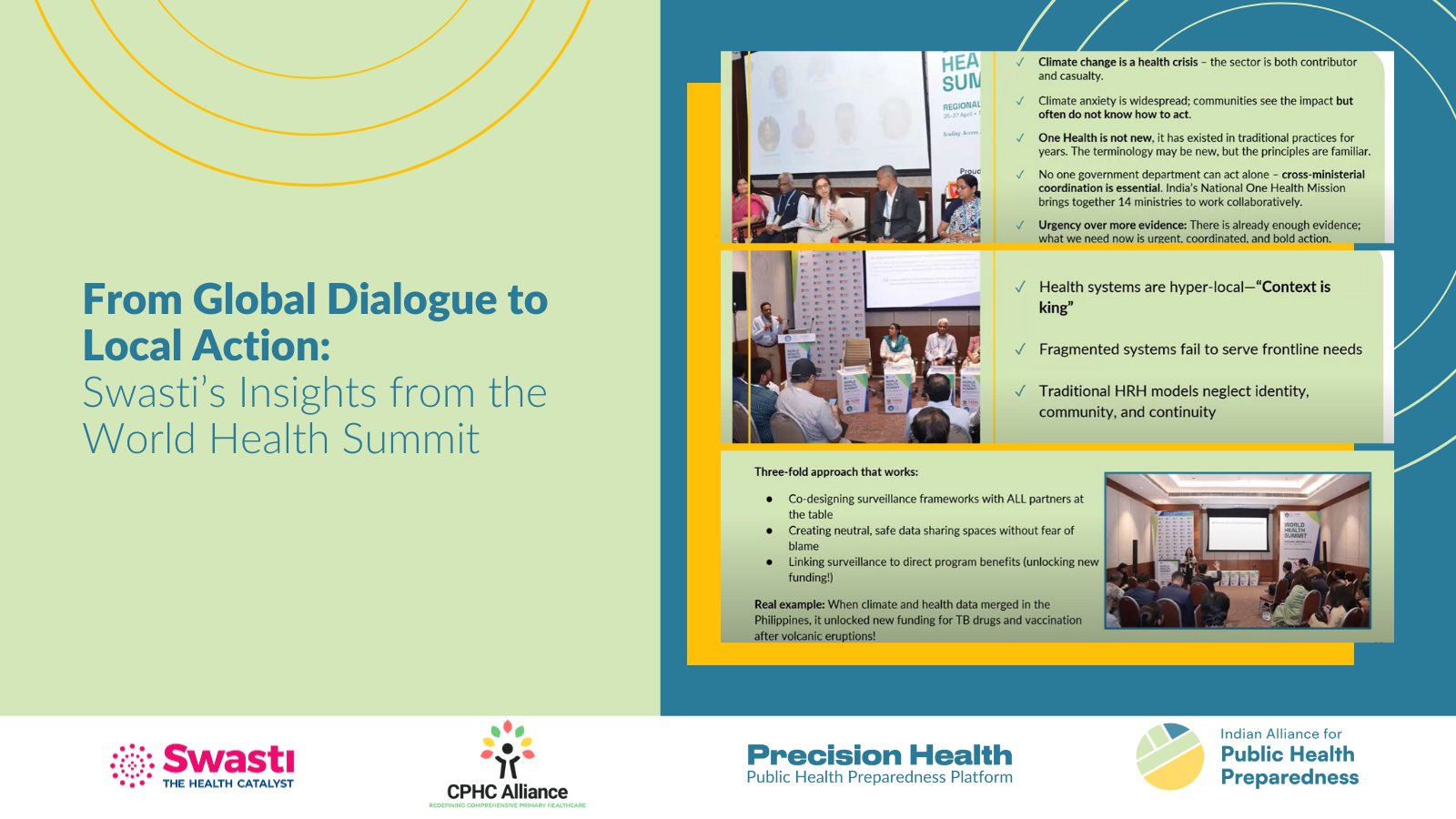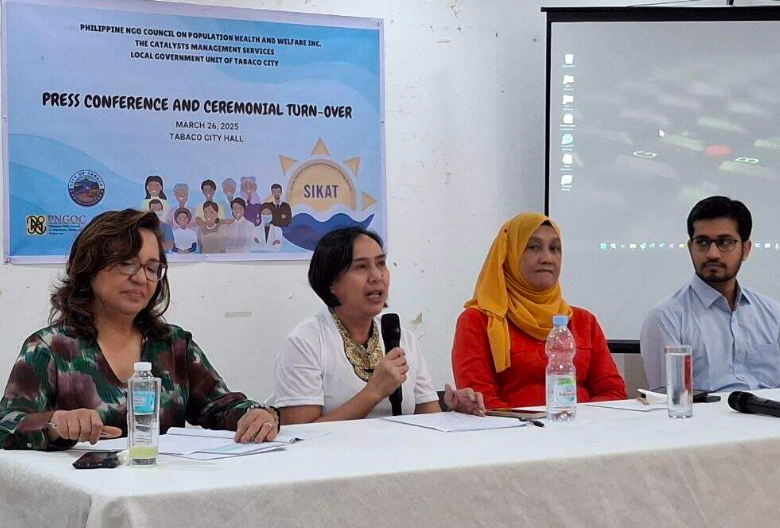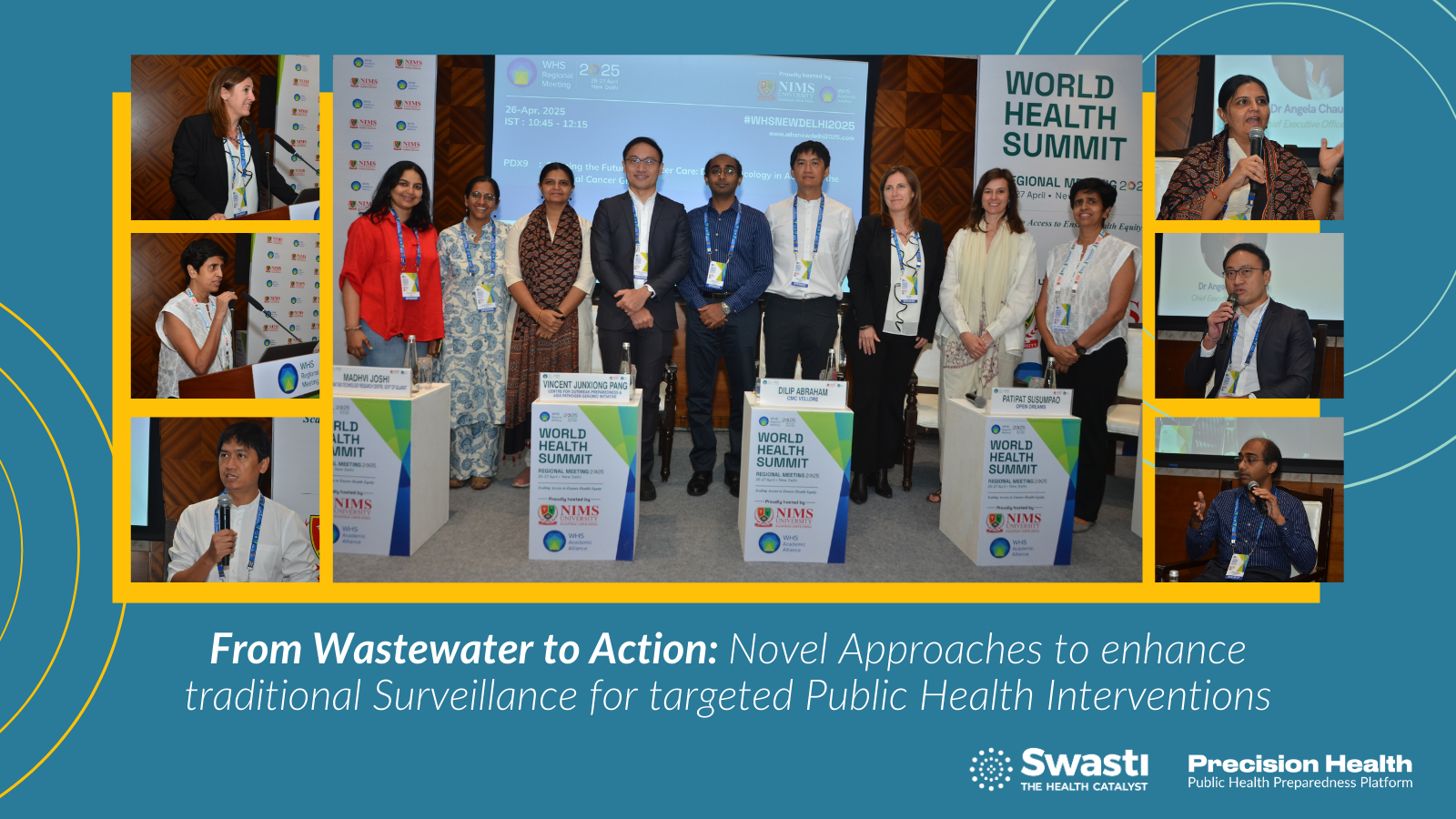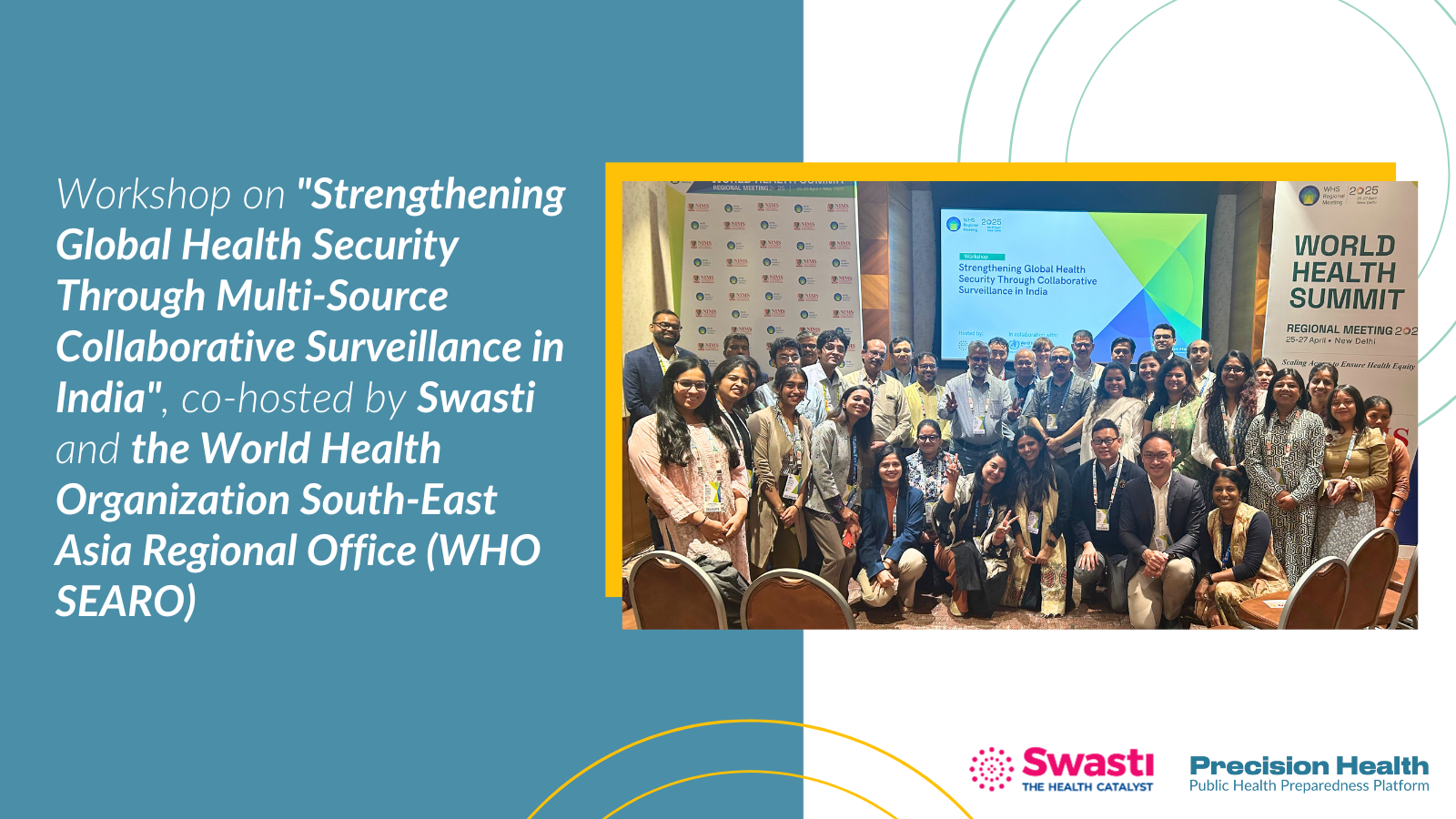In an engaging session organized by the Indian Alliance for Public Health Preparedness (IAPHP), the focus was on translating insights from the World Health Summit into actionable strategies for local health systems. Key themes included the urgent need for climate-informed health action, the value of collaborative surveillance grounded in trust and co-design, and the importance of integrating digital tools without losing sight of human-centered care. Speakers emphasized community agency, multi-sectoral partnerships, and the role of frontline workers in building resilient, equitable systems. The session reinforced the need to move beyond rhetoric toward practical, locally rooted solutions.
From Global Dialogue to Local Action: Swasti’s Insights from the World Health Summit



